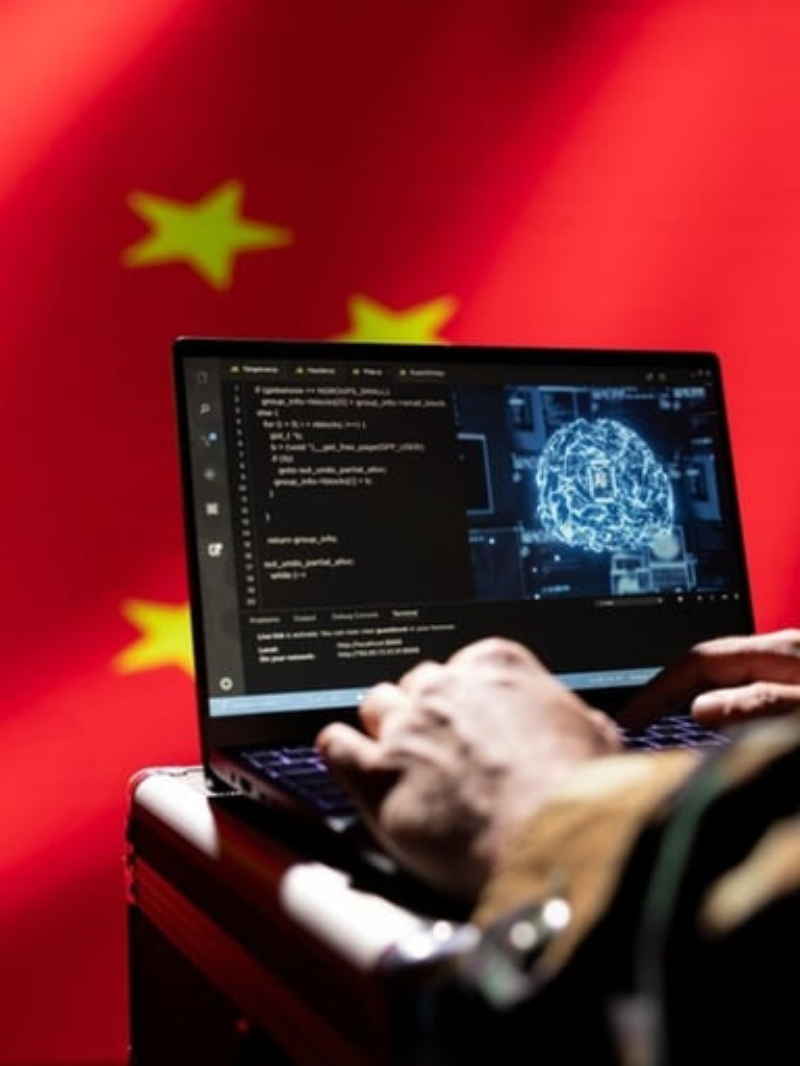
Human AI in China: What Nigeria can learn from this innovation
In China today, artificial intelligence is no longer a futuristic dream. It is part of their daily life. You walk into a restaurant in Beijing or Shanghai and instead of a waiter; you may be greeted by a smiling robot powered by AI. These human-like assistants take orders, serve meals and interact politely with customers. They have become a source of attraction for curious visitors and a source of income for businesses who want to stand out.
But the impact of human AI goes beyond restaurants. In hospitals, there are AI-powered guides that help patients navigate their way. In airports, they provide flight information, in shopping malls; they assist customers and equally create smoother service experiences. For many Chinese cities, these innovations are not replacing people but complementing them by saving businesses money and boosting efficiency.
So, what does this mean for Nigeria? Can we imagine a future where a robot greets you at a Lagos restaurant or provides directions at Abuja airport? Or picture a hospital reception desk where an AI assistant helps patients register, explain procedures and reduces waiting time. These innovations could transform how Nigerians experience essential service if it’s approached rightly.
First, we as Nigerians must recognize that AI is not just for developed countries. We already have tech talent, hubs and even startups that are ready to create solutions. Local developers could design AI systems that suit the realities of Nigerians, including robots or digital assistants that understand Pidgin English and local dialects.
Second, there are economic benefits that come with this innovation that will require these AI systems with maintenance, programming and training. Instead of destroying jobs, they could create new opportunities in robotics, engineering and AI development. There will be room for technicians, software engineers and content developers to all find new roles in this economy.
Finally, government and private organizations must collaborate to make small-scale projects in universities, hotels and startups test AI assistants before expanding nationwide. Public-private partnerships could fund research and innovation. All of these with the right policies, Nigeria could take bold steps to adopt AI responsibly.
So, AI doesn’t have to remain a foreign innovation but with our entrepreneurial spirit and youthful population, Nigeria can adapt human AI technology in ways that fit our culture and economy. The same way China has used AI to improve daily life, we too can use it to create jobs, improve service delivery and make innovation work for us. The future is already here, we only need to embrace it.

